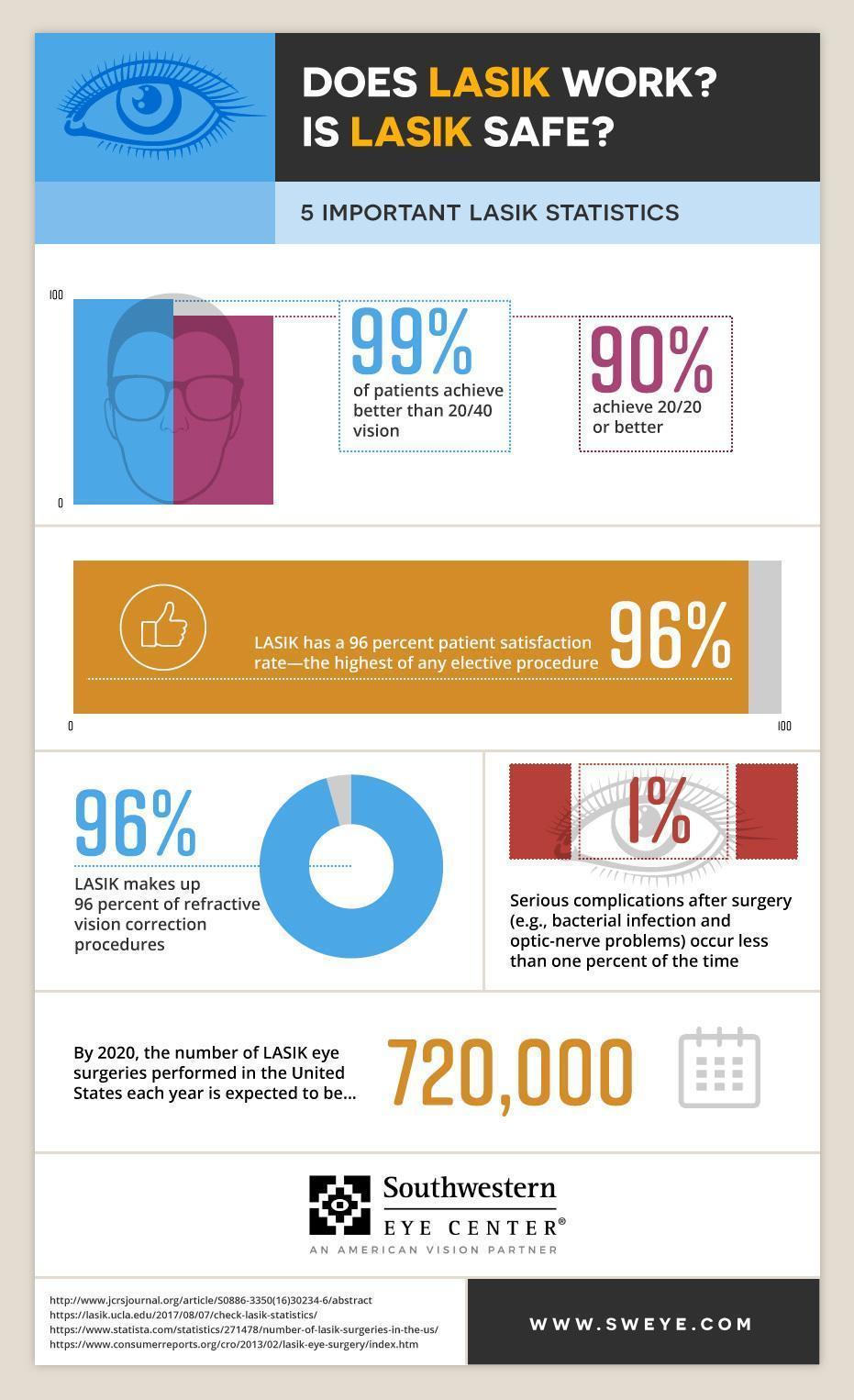The Conclusive FAQ On Refractive Lens Exchange: Trick Insights You Need To Understand
The Conclusive FAQ On Refractive Lens Exchange: Trick Insights You Need To Understand
Blog Article
Mesa Eye Laser Specialist By-Nissen Huynh
If you're taking into consideration refractive lens exchange, you probably have a great deal of concerns. This procedure might change exactly how you see the world, supplying advantages like lowered dependancy on glasses. Nevertheless, it's necessary to recognize the procedure, dangers, and who certifies as a good prospect. Let's discover these important aspects so you can make an educated decision about whether RLE is right for you.
What Is Refractive Lens Exchange and How Does It Function?
Refractive lens exchange (RLE) is a surgical procedure developed to replace your eye's all-natural lens with a synthetic one, remedying vision concerns like nearsightedness, farsightedness, or presbyopia.
Throughout the procedure, your doctor makes a tiny cut in the eye, removes your all-natural lens, and inserts an intraocular lens (IOL) tailored to your vision needs. This outpatient surgery normally takes about 15 to half an hour per eye and is performed under neighborhood anesthetic.
You'll likely discover improvements in your vision virtually quickly, though complete healing might take a couple of weeks. RLE is specifically helpful for those over 40 or with high prescriptions, providing a lasting service compared to glasses or get in touch with lenses.
Your eye treatment specialist can aid establish if RLE is right for you.
What Are the Advantages and Dangers of Refractive Lens Exchange?
Choosing refractive lens exchange can lead to significant enhancements in your vision, yet it is necessary to consider both the benefits and threats prior to deciding.
On the bonus side, this treatment can improve your sight by remedying problems like presbyopia, nearsightedness, and hyperopia. Several clients delight in decreased reliance on glasses or contact lenses, which can greatly boost their lifestyle.
Nevertheless, https://gulfnews.com/uae/top-eye-health-experts-stress-the-need-for-regular-check-ups-to-control-vision-problems-1.1624787068633 to consider possible threats. Complications can include infection, glow, or halos around lights.
There's additionally a possibility of overcorrection or undercorrection, which might require added treatments.
That Is a Perfect Candidate for Refractive Lens Exchange?
If you're taking into consideration refractive lens exchange, it is necessary to know whether you fit the account of an optimal prospect. Normally, you might be an excellent prospect if you more than 40, experience presbyopia, or have high levels of nearsightedness or farsightedness.
It's likewise crucial that your vision is stable, indicating your prescription hasn't transformed substantially in the past year. If you have cataracts or other eye problems, you could take advantage of this treatment as well.
Nonetheless, particular aspects, like uncontrolled diabetes mellitus or autoimmune conditions, could disqualify you. To determine your candidateship, seek advice from an eye care specialist who can assess your certain scenario and suggest the most effective course of action customized to your needs.
Final thought
Finally, refractive lens exchange can be a transformative alternative for boosting your vision, specifically if you're over 40 or have a high prescription. While the benefits are substantial, it's essential to evaluate the dangers and speak with your eye care professional to establish if you're an excellent prospect. With the best info and assistance, you can make an educated choice and possibly appreciate a life with lowered dependence on glasses.
